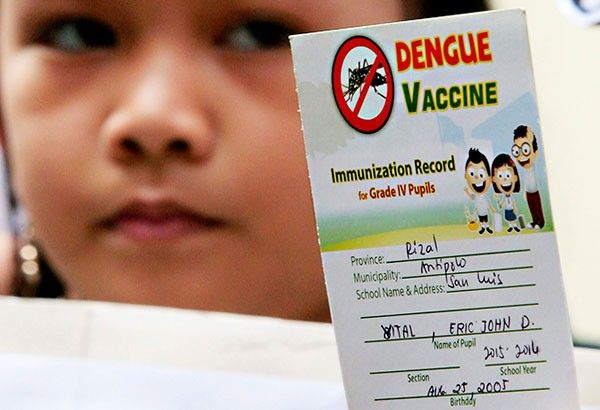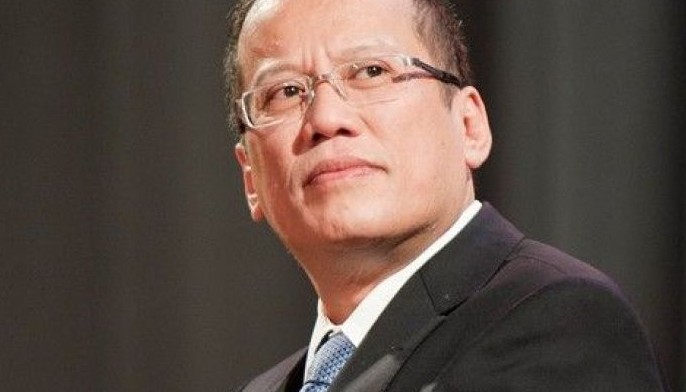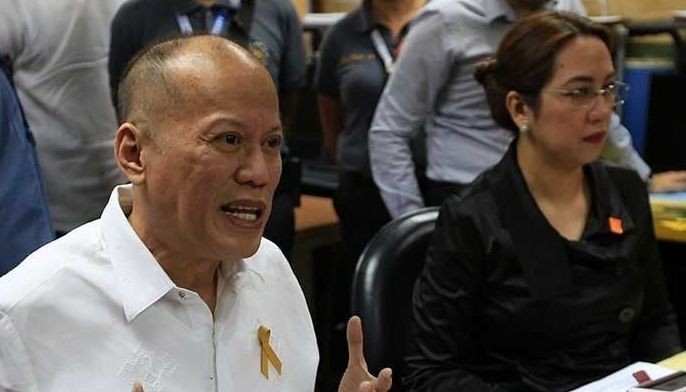Philippines’ ‘highly politicized’ response to Dengvaxia mess erodes public trust in vaccines — study

MANILA, Philippines — The Philippines' “highly politicized response” to the reported risks posed by controversial dengue vaccine Dengvaxia has eroded overall public trust in immunization, a new study found.
According to a research of 1,500 participants by the London School of Hygiene & Tropical Medicine, respondents who expressed confidence in vaccines declined to 32 percent this year from 93 percent in 2015.
The researchers said the findings highlight the importance of identifying gaps or breakdowns in public confidence in vaccines to “rebuild trust before a pandemic strikes.”
French pharmaceutical giant Sanofi Pasteur initially claimed that its world-first dengue vaccine was safe and effective for all people aged 9 to 45, but later acknowledged that it’s not recommended for people who have had no prior dengue infection.
Dengue is transmitted by mosquitoes.
Sanofi’s revelation triggered simmering public anger in the Philippines, where more than 800,000 school children had been vaccinated in 2016.
Amid criticisms, former Philippine President Benigno Aquino has defended his decision to implement the controversial immunization program, which his successor Rodrigo Duterte stopped after vaccine maker issued the warning.
Anti-crime groups have accused Aquino of criminal negligence, alleging that the correlation between deaths of students and the vaccine has been established.
Aquino, in his defense, has said that “to date, there has been no categorical finding by medical experts that the dengue vaccine has directly caused the deaths of vaccinated children.”
“The Sanofi announcement was a spark that fuelled the flames of underlying political ferment in the Philippines,” said Heidi Larson, lead author of the research.
“Health authorities and immunization programmes cannot solve political tensions, but trust issues and potential areas of anxiety and possible dissent must be considered in advance of a pandemic,” Larson added.
“This is especially important in an era of social media and the ability for mis-information to be spread far and wide at the touch of a button.” — Ian Nicolas Cigaral
- Latest
- Trending

































